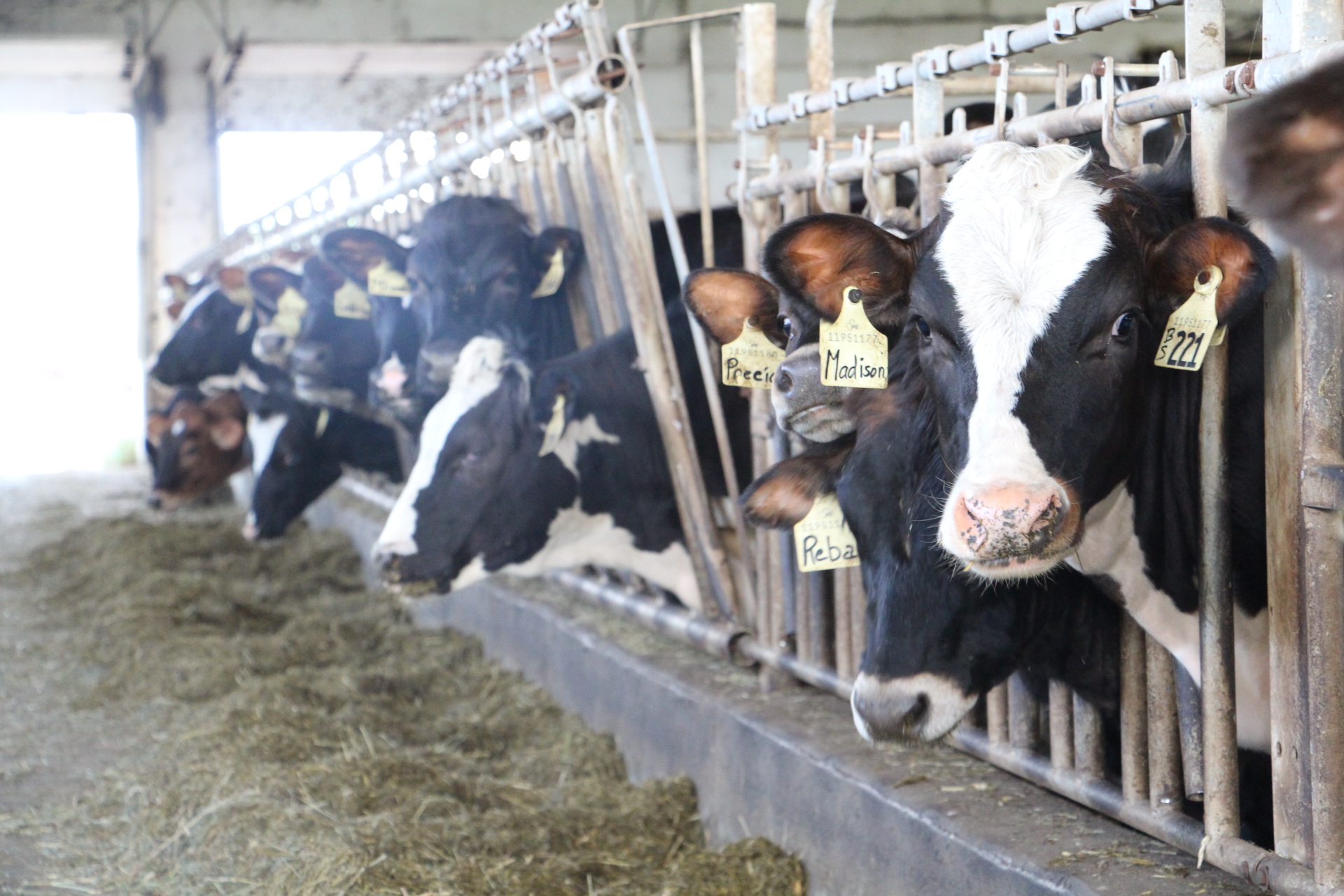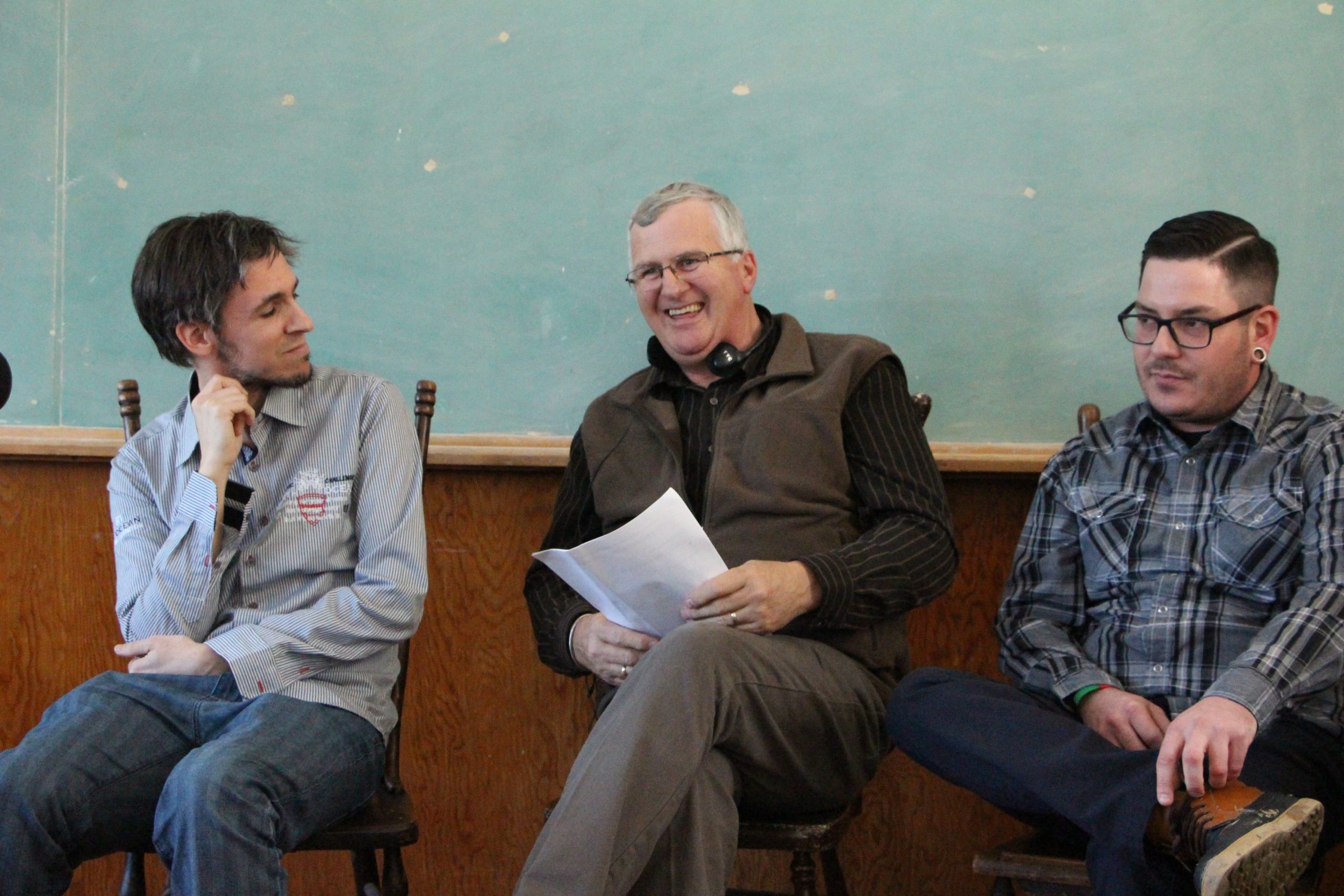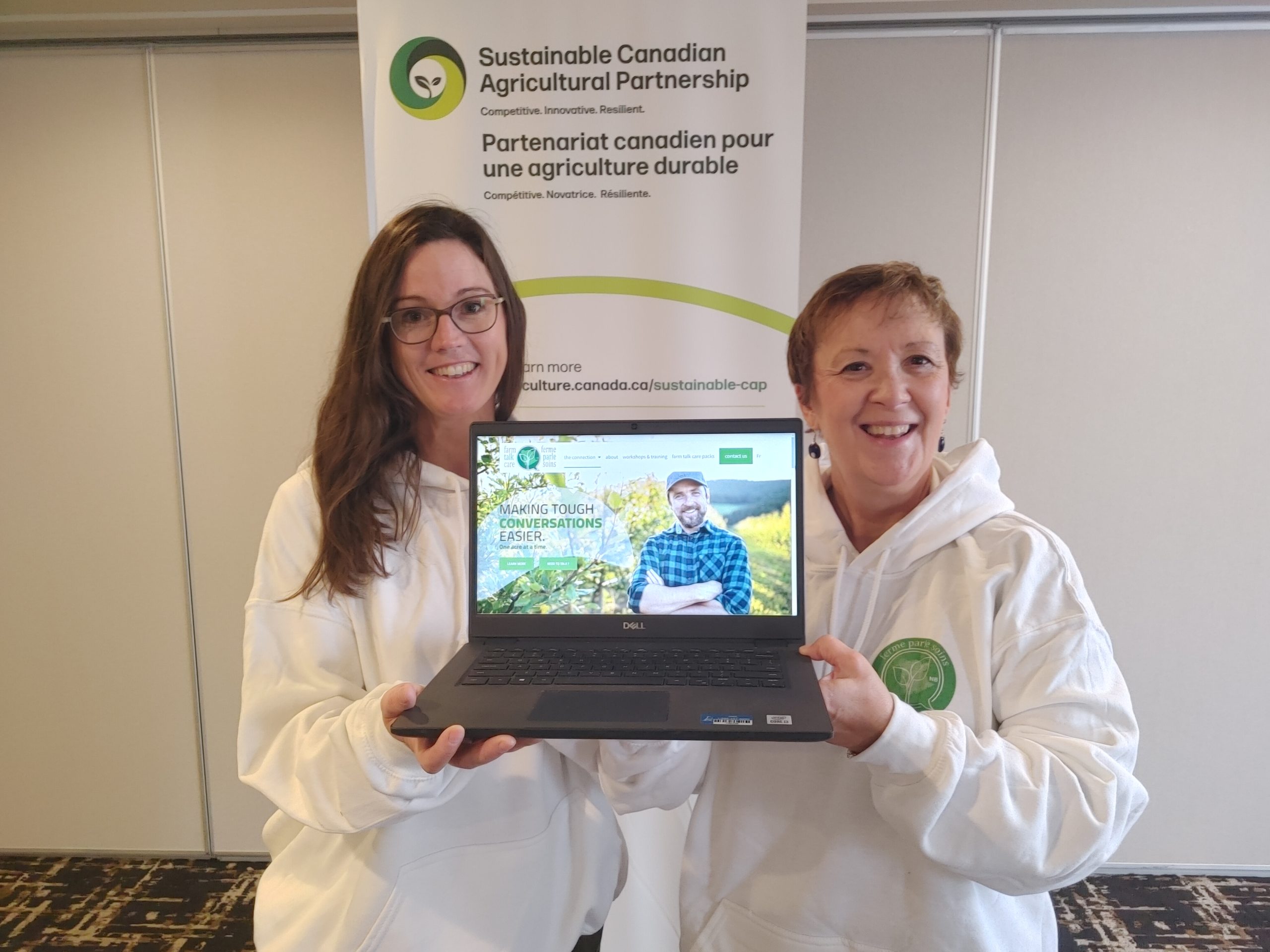By now, many of you have likely caught wind of the Canada-European Union Comprehensive Economic and Trade Agreement (CETA), which Prime Minister Justin Trudeau signed on October 30th. With so many of these international trade agreements coming down the pipe, it can be difficult to keep them straight and to understand how they will affect you, your farm and New Brunswick. The NFU has been working hard for many years now researching and staying up-to-date on this deal and its implications. Below is a brief summary.
CETA will bring many new difficulties for Canadian farmers, including:
- loss of local food market potential due to rules against municipalities, universities, schools and hospitals favouring local sources when they set up purchasing contracts.
- disallowing the use of product names such as “feta cheese” and “parma ham” unless they are made in the regions where they are traditionally produced.
- 17,000 tonnes of EU cheese in the Canadian market, which will remove dairy quota that could have provided livelihoods to 400 dairy farmers, and which will also take market away from Canada’s artisanal cheese markets and dairy farmers who are doing on-farm processing.
But won’t CETA help family farmers in Canada by opening more European market access for beef and pork?
- CETA will not open the market to beef produced using synthetic hormones, and Canada already has more tariff-free market access for hormone-free beef than it is using.
- CETA will not open Europe’s doors to products of biotechnology as some have claimed, and has no commitment to lift restrictions on GMO imports.
- Canada already has more market access for pork than it is using. Most of the pork Canada exports is produced using veterinary drugs that are prohibited in Europe; the Canadian pork producers that do not use those drugs have good domestic markets and do not see a need to export.
- Canada has very few slaughterhouses that currently meet the EU’s standards.
- The EU is the world’s largest exporter of pork; its exports exceed Canada’s total production. Why would it take exports from a competitor?
- Europe exports more cheese than Canada produces. The EU will easily fill any market share CETA provides.
- Increased exports have not yet increased farmers’ net incomes and do not help farms survive.
- The EU subsidizes its farmers and Canada does not. The EU spends $50 billion/year on agricultural subsidies.
The National Farmers’ Union has been opposed to CETA from the start, because we believe that Agricultural trade needs to be negotiated outside of this type of all comprehensive trade deal.
What is Wallonia and how they nearly stopped the deal
You may have also heard of Wallonia, the Belgian region that voted against the agreement and briefly stalled its progress altogether. Wallonia was particularly concerned about the controversial Investor-State Dispute Settlement (ISDS) clause within the deal, which, put simply, allows governments to be sued by corporations if they pass legislation or regulations that inhibit a corporation’s future ability to turn a profit.
Without Wallonia’s support, Belgium could not sign the deal, and without Belgium’s support, the EU could not sign the deal. As Terry Boehm, Chair of the NFU Seed and Trade Committee notes: “Wallonia’s refusal to support CETA is based on conclusions very similar to our own: that it is simply unacceptable to give multinational corporations the power to sue governments for acting in the public interest. CETA, like the TPP and other recent trade agreements, is a fundamental attack on democracy and the ability of governments to govern in the interests of their citizens.”
“We are with Magnette and the people on both sides of the Atlantic who understand that CETA is not really about trade, but about power—the power of multinational corporations to shape economies in their own interests at the expense of grassroots people,” said NFU President Jan Slomp. “Remember, Canada has traded with Europe for our whole history — we do not need CETA for trade.”
Even though further discussions succeeded in convincing Paul Magnette, Minister-President of the Walloon people, to agree to the deal a few days later, Wallonia’s resistance is exemplary of the power even small places like New Brunswick can have. Although they did not manage to halt the deal, they did succeed in obtaining an agreement on how the ISDS clause would be interpreted in the event of a dispute.
Much of this briefing was taken from various resources on the NFU National website. To learn more about this issue, visit: http://www.nfu.ca/issues/canada-eu-comprehensive-economic-and-trade-agreement.





